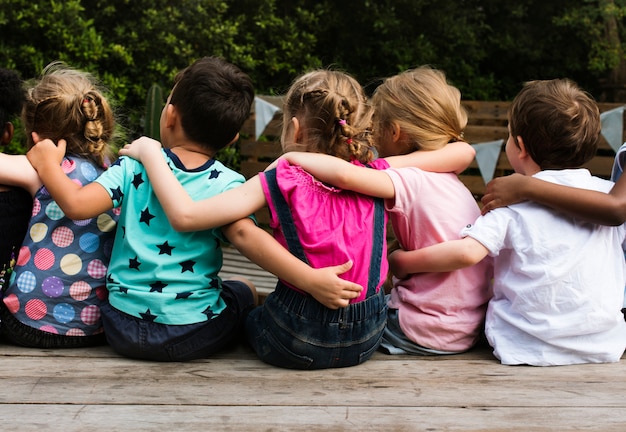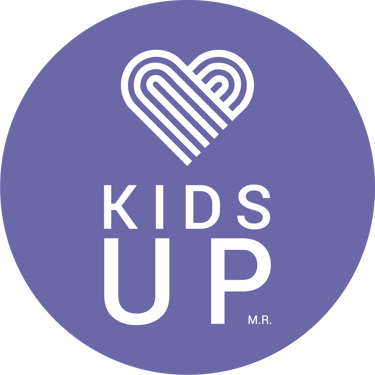The influence of friendships on children's development
Choosing friends is a crucial process in the development of children and adolescents. As parents and caregivers, it is our responsibility to guide our children without imposing our decisions.
KIDS UP
1/29/20242 min read


Choosing friends is a crucial process in the development of children and adolescents. During this stage, friends play a significant role in identity formation and the acquisition of social skills. It is important that as parents and caregivers we understand the importance of this influence and how we can guide our children without imposing our decisions.
The importance of positive friendships
Having a group of positive friends can be beneficial for the development of children and adolescents. These friendships can strengthen prosocial behaviors, such as empathy, collaboration, and respect for others. Additionally, positive friends can provide emotional support and help build self-esteem and self-confidence.
Children who have positive friendships tend to do better academically because they motivate each other and share similar interests. They are also less likely to engage in risky behaviors, such as drug use or involvement in criminal activities.
The dangers of negative friendships
On the other hand, negative friendships can have a negative impact on the development of children and adolescents. These friendships can influence the adoption of problematic behaviors, such as bullying, drug use, or participation in criminal activities.
It is important to be attentive to the signs that our children are involved in negative friendships. Some of these signs may include sudden changes in behavior, poor grades in school, lack of interest in activities they used to enjoy, and defiant attitudes toward authority.
How to guide our children without imposing our decisions
As parents and caregivers, it is essential to find a balance between guiding our children and respecting their progressive autonomy. Here are some strategies we can implement:
1. Establish open communication
Creating an environment of trust in which our children feel comfortable sharing their experiences and concerns is essential. Actively listening and showing genuine interest in what they tell us will give them confidence that they can come to us for guidance.
2. Meet our children's friends
It is important to know our children's friends and maintain an open relationship with them. Inviting them to our home, participating in joint activities and getting to know their parents will allow us to have a better understanding of the influences to which they are exposed.
3. Encourage reflection and critical thinking
Instead of imposing our opinions, it is important to encourage reflection and critical thinking in our children. Asking open-ended questions that lead them to reflect on the consequences of their decisions can help them make more informed and responsible decisions.
4. Teach social and emotional skills
Giving our children the tools necessary to establish healthy relationships is essential. Teaching them social skills, such as empathy, conflict resolution, and assertive communication, will help them choose positive friendships and maintain healthy relationships throughout their lives.
5. Establish clear limits and rules
If we identify that our children are involved in negative friendships, it is important to establish clear limits and rules. Explaining the reasons behind these norms and the consequences of engaging in risky behaviors can help them understand the importance of making healthy choices.
Choosing friends is a crucial process in the development of children and adolescents. As parents and caregivers, it is our responsibility to guide our children without imposing our decisions. Fostering positive friendships, watching for signs of negative friendships, and providing them with the tools necessary to establish healthy relationships are some of the strategies we can implement. By doing so, we will be contributing to the development of their identity and promoting their emotional and social well-being.
